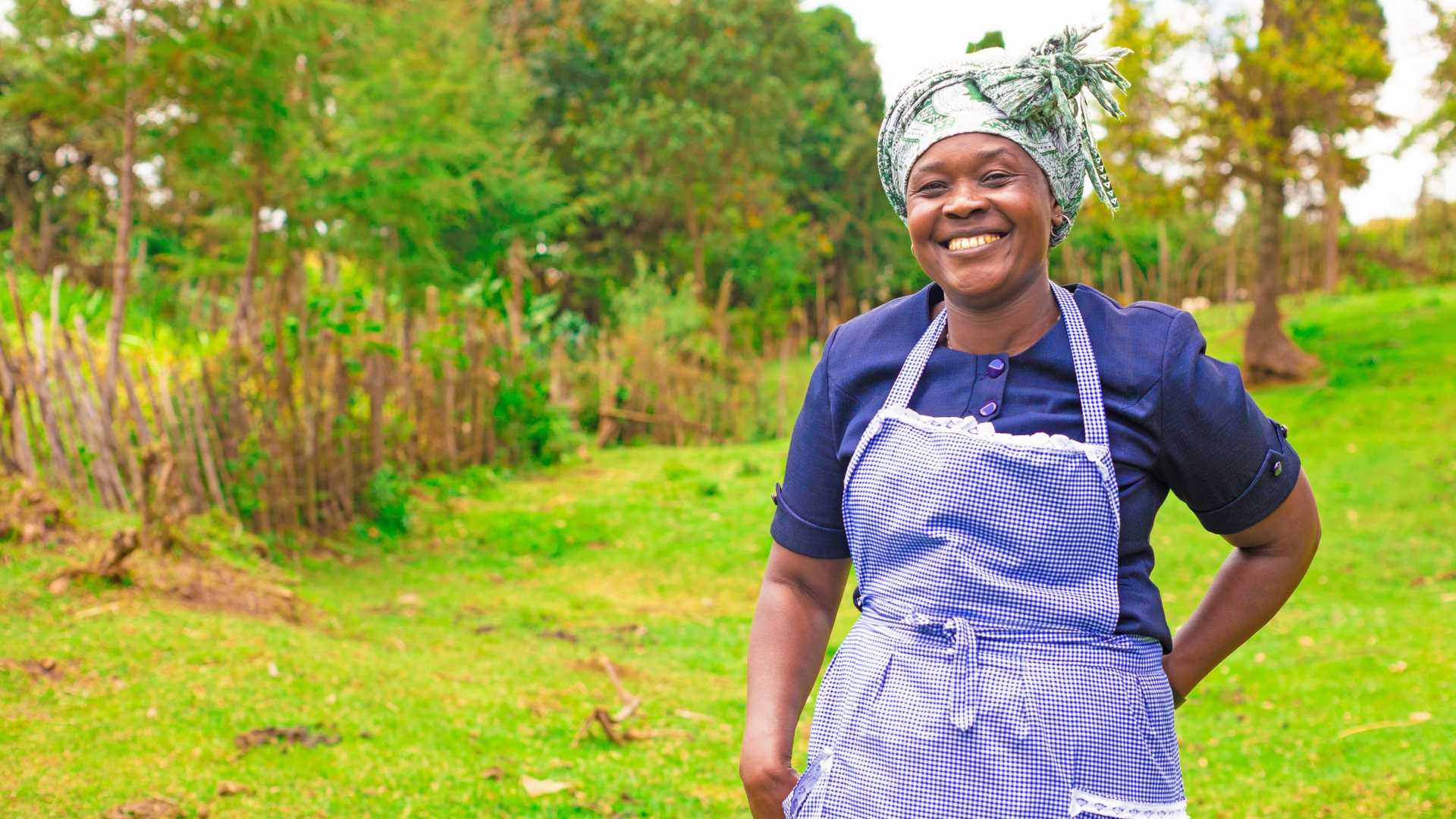
Proud to be a partner: 60 Decibels' global Microfinance Index launches!
Nordic Microfinance Initiative joins 20 leading sector leaders to support the launch of 60 Decibels inaugural Microfinance Index.
We are excited to share that the Microfinance (MFI) Index has officially launched! 60 Decibels established this initiative in partnership with Nordic Microfinance Initiative, alongisde 18 other Founding Partners, to provide a critical mass of comparable impact outcomes data from over 18,000 customer voices.
We have supported MFIs from our portfolio across Sub-Saharan Africa and Asia to participate in the inaugural year of the MFI Index, which includes aggregated data from 72 participating microfinance institutions across 41 countries worldwide.
The index is made up of five impact dimensions: Access, Business Impact, Household Impact, Financial Management, Resilience.
“This Index brings the value of our impact benchmarks to a new level and helps MFIs and investors understand customer outcomes with 100% comparability for each and every metric,” said Sasha Dichter, CEO of 60 Decibels.
We're looking forward to diving into the findings and identifying how we, as impact investors, can better contribute towards improving the lives of low income customers around the world. In the coming weeks we'll also be sharing more insights from our participating portfolio companies. We're excited, stay tuned!
Highlights from the inagural 60 Decibels Microfinance Index
Microfinance is improving quality of life, increasing the resilience of low-income customers to withstand economic shocks, and reaching people without prior access to financial services without creating overindebtedness. Download the report for the full scoop, in the meantime here are the headlines:
- 88% of microfinance borrowers agree their quality of life has improved. 34% say quality of life is “very much improved”
- 73% of borrowers report increased household incomes
- 7 out of 10 say personal savings and financial resilience have improved
Microfinance does a good job of reaching people without access to financial services.
Over half of clients spoken to are accessing a loan for the first time through the microfinance institution. Women and lower income clients are more likely to be first time microfinance borrowers.
Clients who report business income increases also report better household outcomes.
This finding validates the core premise of microfinance: that clients can put loans to productive use in their businesses, and that business improvements will translate to improved household well-being. Microfinance clients who report business growth were significantly more likely to report positive household-level outcomes
MFI clients report higher than average capacity to deal with an economic shock, and they say it is because of the MFIs.
1 in 3 of the clients in the Index would find it difficult to cover an emergency expense of 1/20th of Gross National Income per capita, compared to 1 in 2 globally, according to Findex. 70% of clients credit the MFI with helping them face major expenses.
Group lending continues to be a VIP (Very Important Practice) in microfinance.
MFIs that are primarily group lenders in the sample are better at reaching poorer clients, are more likely to reach women, and more likely to have clients who are accessing a loan from an MFI for the first time. Clients of MFIs with primarily group loans are also more likely to say they understand their loan terms and conditions, their repayments are not a problem, and their savings balance increased.
